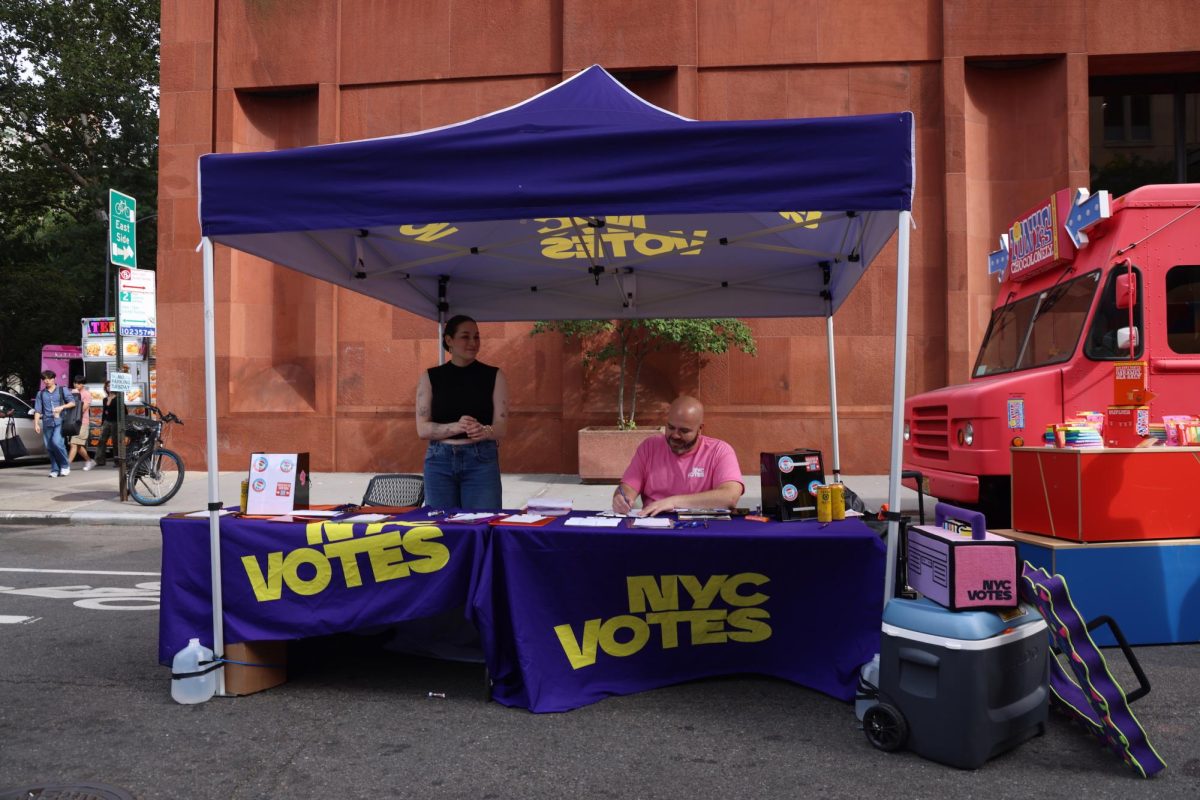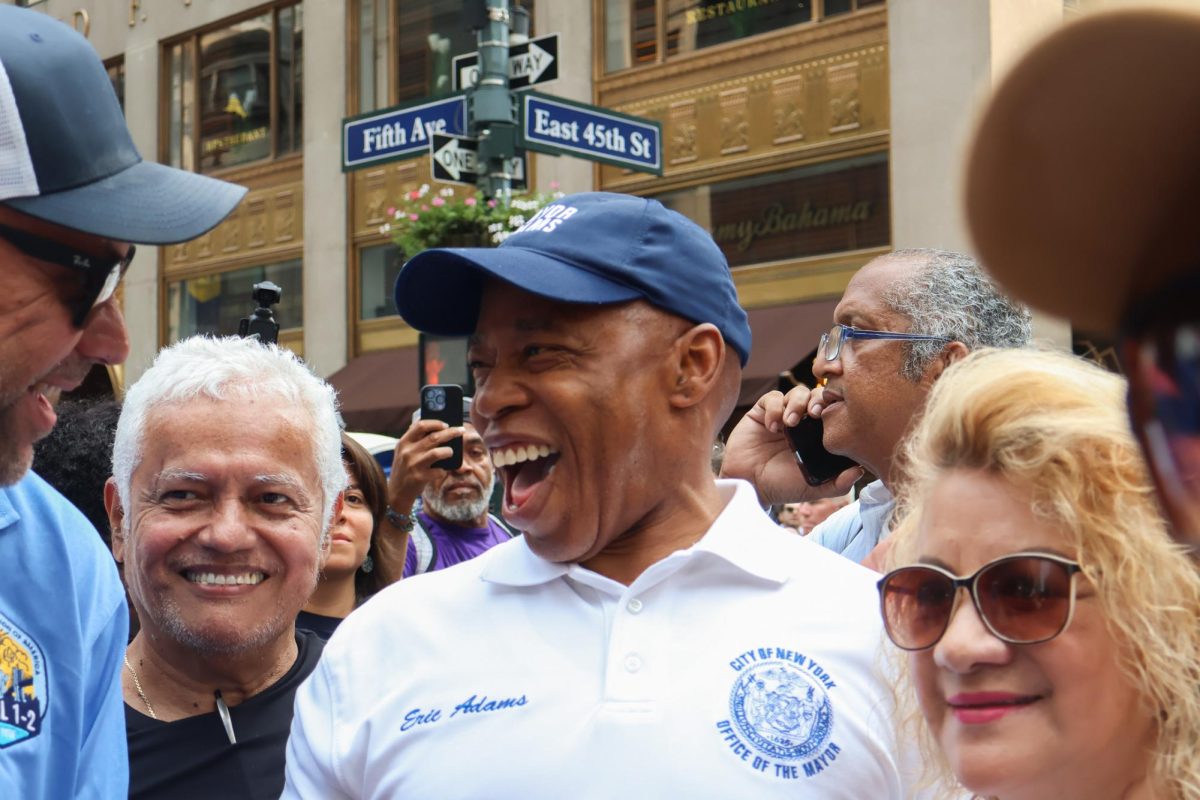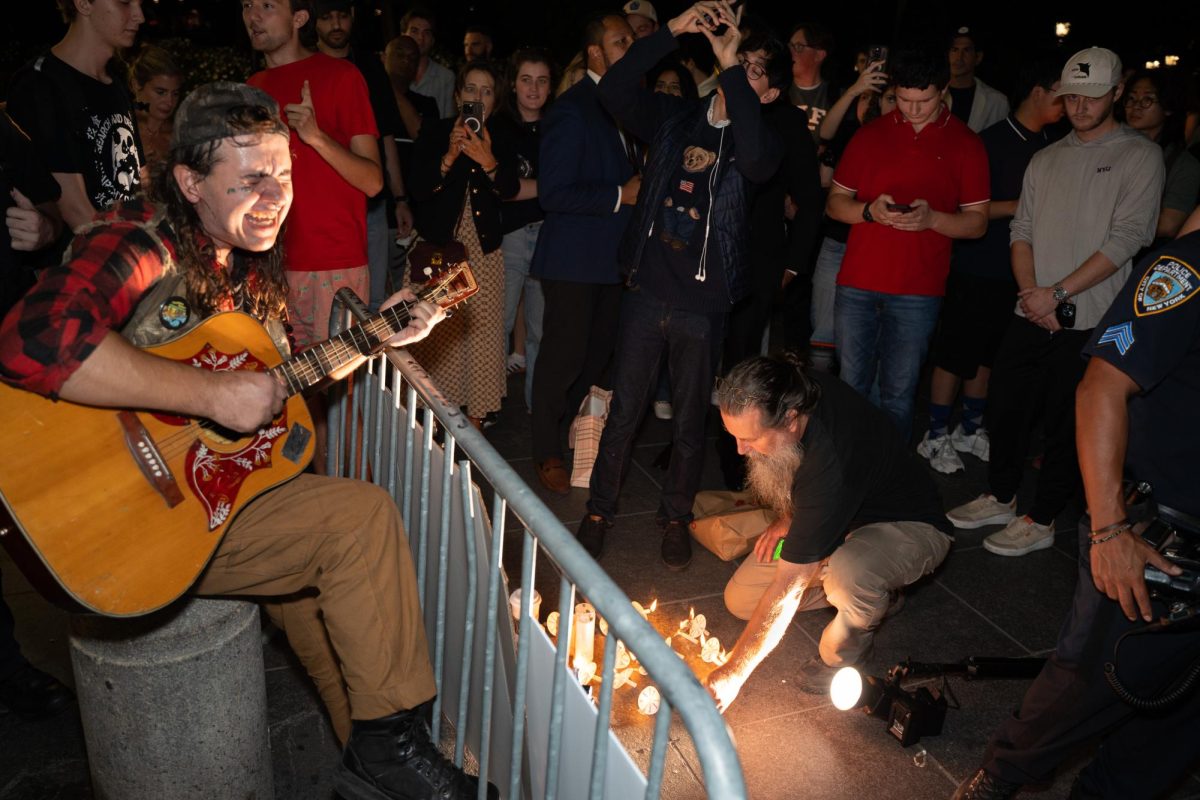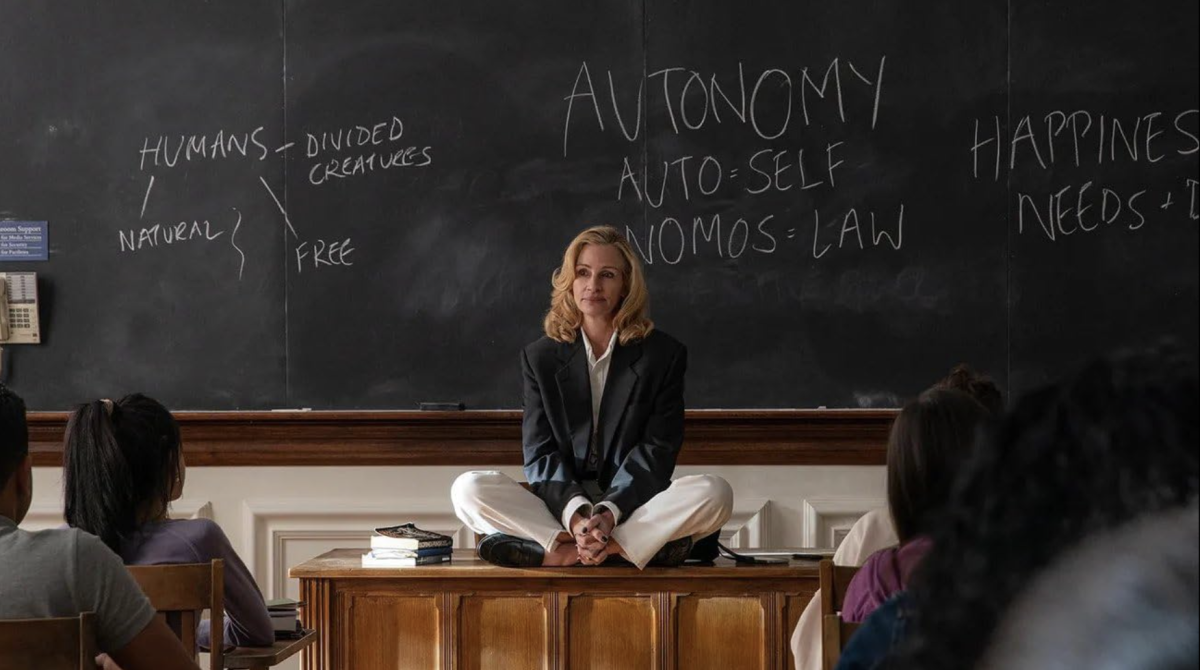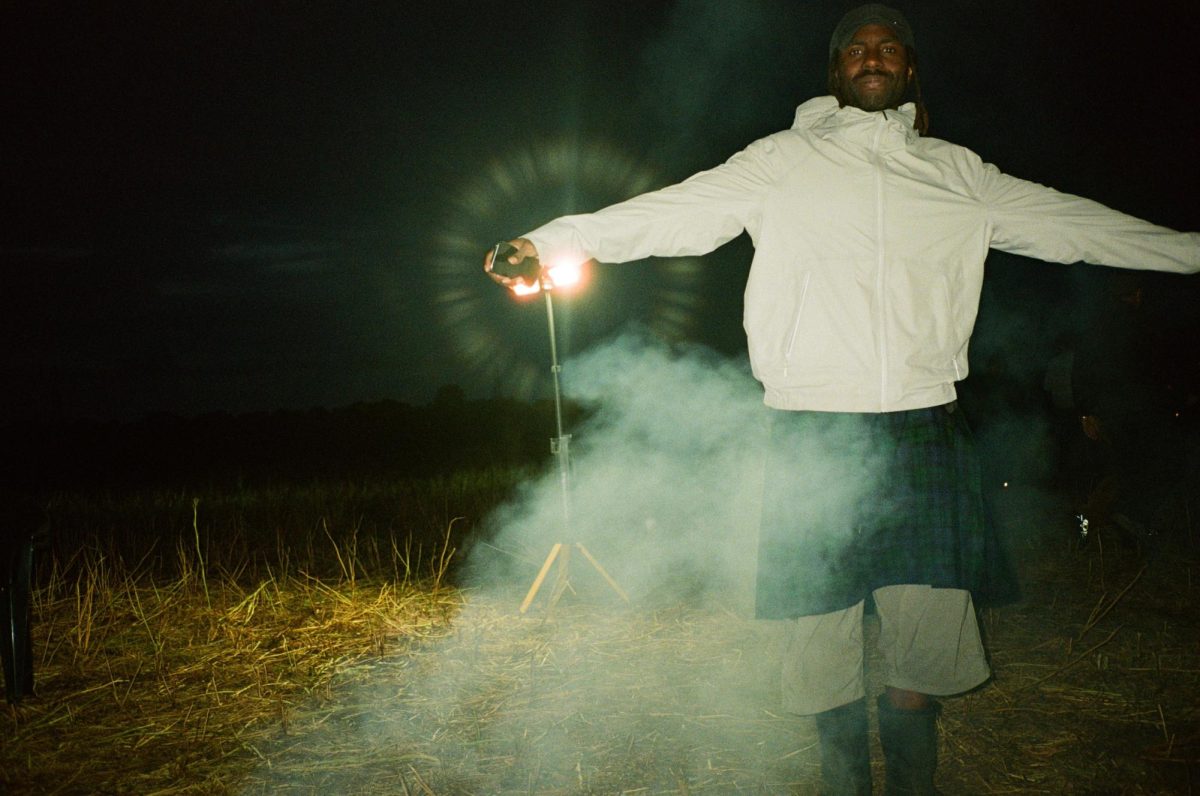The revelation that Lance Armstrong was not only a serial user of performance-enhancing substances, but also a vigorous enforcer of doping on the United States international squad, came as a surprise to some but not all. As such, the United States Anti-Doping Agency and Union Cycliste Internationale were beyond justified in stripping Armstrong of his seven Tour de France titles and banning him from the sport. After all, cycling has a long journey ahead in further cleaning up its act and reinvigorating public faith in its athletes. Unfortunately, one of the more specious — though again, not surprising — side effects of the scandal is the resulting backlash against the Livestrong brand and charity organization.
Armstrong understandably cut all ties with Livestrong, officially known as the Lance Armstrong Foundation, last week amid major questions raised concerning the ethics of a legitimate charity being headed by a man who essentially derived his fortune and stardom from deceit and fraudulence. Under this logic, it is fair to conclude that the Livestrong Foundation and much of the money that was donated to it are also the spawn of the same deceit and fraudulence by Armstrong. Many donors are seeing this as a hard truth and are asking for a full refund of their apparently wasted money. In a recent article, donor Michael Birdsong is quoted as saying, “The whole thing is founded on a lie. The guy cheated, and he forced other people to cheat. I would like my money back. We donated under false pretenses.” How Birdsong gets his rationale to justify his last sentences on his first two is a mystery of logic that would haunt a philosophy professor’s dreams.
When did anybody ever conceive the notion that donating money to fund cancer research for 28 million people suffering every day around the world is intrinsically linked to Armstrong’s sporting practices? Even though it is true that the foundation is based on the popularity of a cheater, Livestrong donors should think twice before rushing to assume that their money was not spent on charity. The organization is one of the country’s highest rated cancer charities, and it is estimated that 82 percent of funds are invested in directly helping those afflicted with cancer. Furthermore, no international organization or committee can strip Armstrong of his own battle with testicular cancer, and therefore, his motives behind his foundation. Cheating at anything is indeed reprehensible, but are we not taught in our childhoods to give back to our society, particularly if we have wronged it in any way? Court-mandated community service sentences should serve as tangible proof of this cultural and often religious value. If anything, America should pray that any time somebody cheats at something, they make up for it by raising $500 million for medical research and services that benefit the sick.
To make one’s charitable contribution dependent of Armstrong’s cycling integrity is to devalue and debase the importance of combatting a devastating disease. We now find ourselves asking whether the refund vultures only donated because they loved Armstrong and his success as opposed to their desire to contribute to cancer research. Clearly, Armstrong’s athletic career has turned out to be a disappointment, but his unfailing commitment to fighting and curing cancer deserves only respect and praise. It does not deserve rebuke from petulant donors who think trying to obtain a K-Mart-style refund is in any way a morally respectable course of action. I can think of 28 million individuals who value that aspect of his life infinitely more than a few titles.
Sameer Jaywant is a staff writer. Email him at [email protected].




